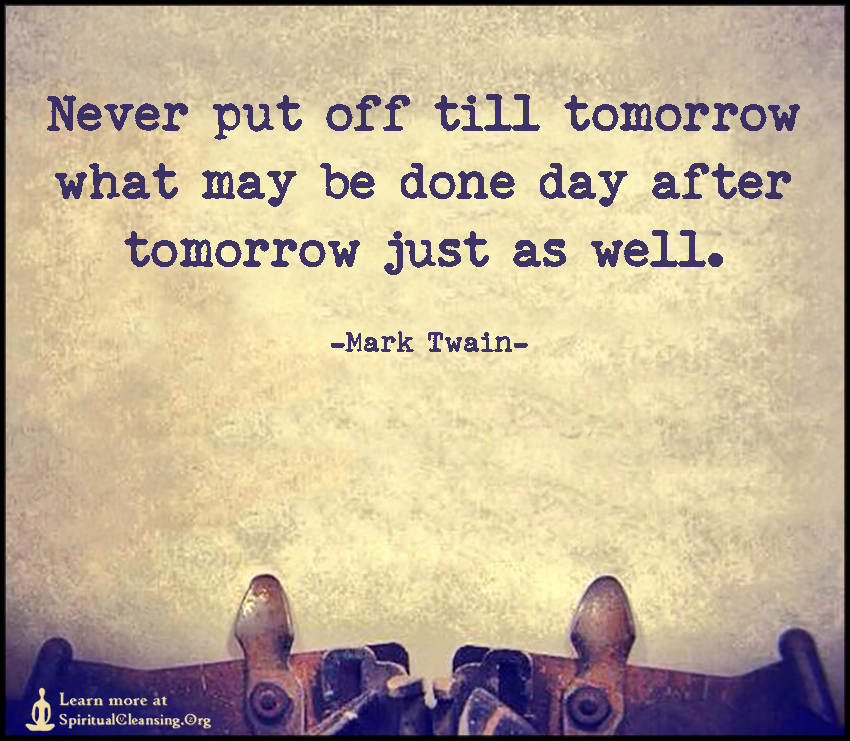Q: I’ve had plenty of experience managing employees and I’ve had my share of procrastinators. I know that it helps to motivate and support them. That using a carrot is often more effective than a stick. I’ve used bonuses and other incentives to reward meeting deadlines, as well as the implied “poor” performance evaluation if they don’t.
My problem now is that the procrastinator isn’t my employee but rather another manager. So the usual tools made of carrots and sticks can’t be applied. Any tips on how to persuade another colleague to do what he’s supposed to by the date we agreed?
A: Well this is definitely a more challenging situation. But just because you can’t rely on what you’ve done before doesn’t mean there still isn’t plenty you can do.
First, it’s important that you let the procrastinator know that you want to help them. While it’s okay to express your disappointment, and describe whatever inconvenience they’ve caused you, you should move quickly into “This has to change, you can do it, how can I help you get there” mode.
Second, try to figure out the cause of his procrastination. Sometimes it’s fear of success, but more often it’s fear of failure, or lack of confidence. Others get energized by the last-minute-rush. Knowing the reason can point to the best approach.
Third. But regardless of reason, the most important thing you can do is to agree on some sort of “progress report” with specific dates and milestones. There’s a lot of self-delusion that takes place when procrastinating. I know because I am a bona fide procrastinator, and I know every mental trick in the book, from making light of it (the saying “Do not put off until tomorrow what can be put off till the day-after-tomorrow” by Mark Twain is a favorite) to thinking you have special powers (“Sure, I can write a column in 20 minutes”, no I can’t).
So, having a mutually agreed “progress report” and having to achieve those milestones is providing a tool that will inform the procrastinator; it will hold up a mirror and not allow him to kid himself with excuses. Having some periodic and scheduled accountability in place will also help you gauge how when things begin to go off track. Then intervene if needed. Don’t forget kudos at the end.
Rinse and repeat.
©Copyright Eva Del Rio
Eva Del Rio is creator of HR Box™ – tools for small businesses and startups. Send questions to Eva@evadelrio.com



